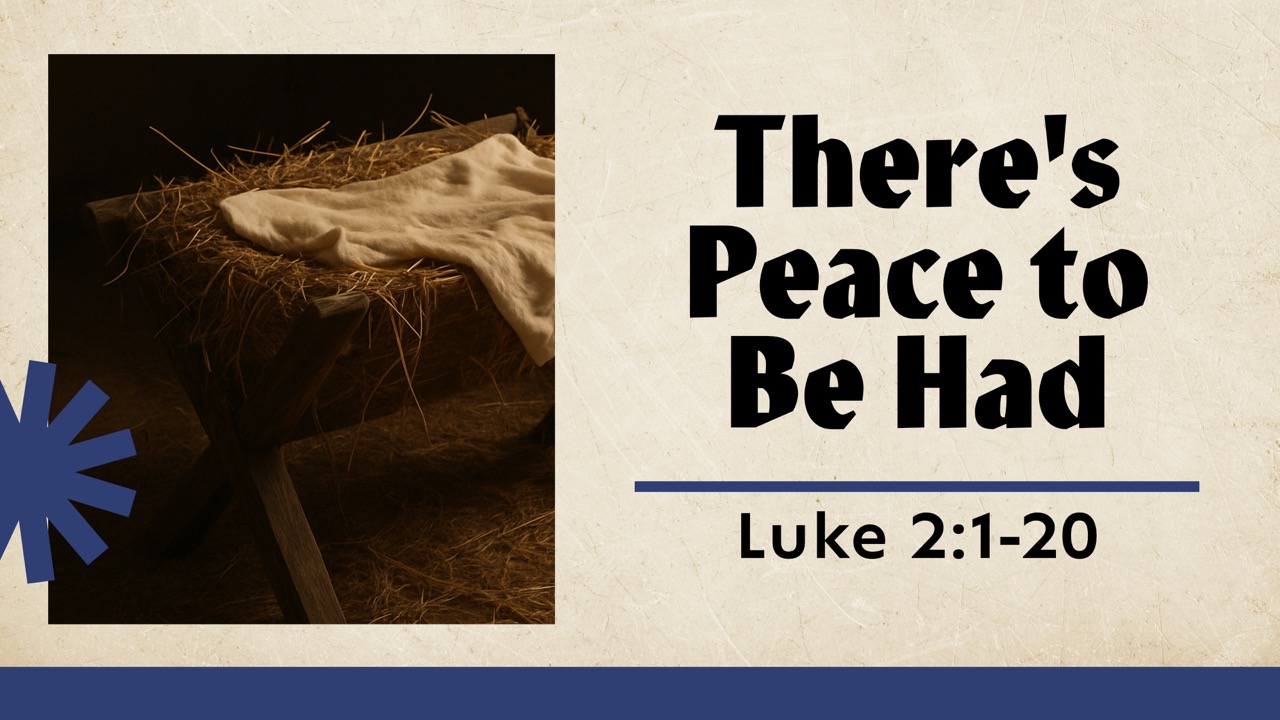Comfort Through Creation: Holistic Rhythms for Self-Care
Comfort Through Creation: Holistic Rhythms for Self-Care
This post is the ninth in a series deriving from the “Comfort Through Creation” seminar that took place at Rocky Creek in March 2025. If you’d like to receive the PDF and audio version of that seminar, you may email allen@rockycreek.church.
If you’re like me, I’m tempted to inwardly gag just a little when I hear the term “self-care” utilized. But a bit of introspection reveals that I respond this way because of how the term is often used, not because it exists or is inherently a bad phrase. To be sure, “self-care” can understandably have associations with self-absorption and self-centeredness (hence the gag reflex). However, we as Christians should be able to sign off on the notion that God cares about our bodies, souls, and the limitations of both. That’s what I mean by self-care—how we steward our whole selves to live within the rhythms of how God made us to function and flourish.
Here, we’ll mention three vital categories of self-care: exercise, diet, and sleep. John Piper states, “Proper eating and exercising and sleeping has a marked effect on the mind and its ability to process natural beauty and biblical truth.” And that’s the connection to our broader topic of relating to God through creation: how we care for ourselves (or don’t) has profound implications for how we relate to the world around us (and therefore to God as well).
Exercise:
- There’s little doubt that physical exercise benefits us not just physically, but has tremendous benefits for our mental and emotional health.
- Cardio exercise builds up feel-good chemicals such as serotonin and dopamine, along with getting rid of harmful toxins.
- Exercise increases the ability to enjoy quality sleep. Here’s a truism: these categories of self-care have symbiotic relationships with each other. None of them are in a vacuum.
- Exercise has been shown to combat the effects of anxiety and depression.
- If done outside (e.g., jogging, biking, or a walk), this serves as a “force multiplier” as you are also able to experience your Father’s world in things like trees, sky, clouds, birds, and grass.
Diet:
- Jonathan Edwards said, “By a sparingness in diet, and eating as much as may be what is light and easy of digestion, I shall doubtless be able to think more clearly, and shall gain time.”
- While dietary issues are certainly often unique from person to person, some things are universally impactful.
- Healthy nutrients, vitamins, protein, and water are generally good for you and make you feel good.
- Excessive amounts of caffeine have been linked to anxiety, and excessive amounts of carbs and sugar eventually lead to physical and mental sluggishness (which, in turn, inhibit the ability to function well in life overall).
Sleep:
- We intuitively know—and most of us have experienced—the profound difference that sleep can have (positively if we have enough, and negatively if we are at a serious sleep deficit).
- Theologian D.A. Carson states, “Sometimes the godliest thing you can do in the universe is get a good night’s sleep—not pray all night, but sleep. I’m certainly not denying that there may be a place for praying all night; I’m merely insisting that in the normal course of things, spiritual discipline obligates you get the sleep your body need.”
- Tish Harrison Warren states, “In the nitty-gritty of my daily life, repentance for idolatry may look as pedestrian as shutting off my email an hour earlier or resisting that alluring clickbait to go to bed.”
How we steward our whole selves will have an effect on our capacity to enjoy God’s gift of creation. A diet of primarily junk food or a consistent lack of sleep or little to no physical exercise—these will result in bodies and minds that do not function as they were intended. Sunrises and sunsets and trees and flowers and birds and breezes and clouds and mountains will bring less joy. As a result, God himself will not be adored and comprehended as much as he could be if our physical senses were sharp. So, for the glory of God and for the sake of our own capacity to experience joy, let’s adopt and maintain healthy rhythms in these areas of life.












